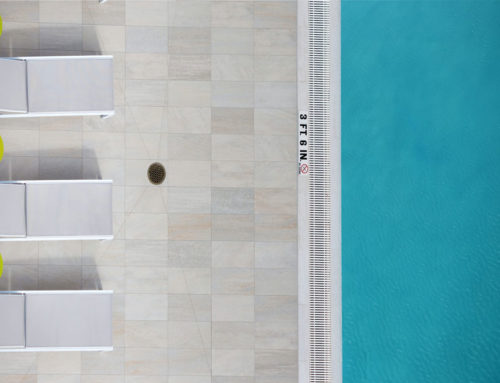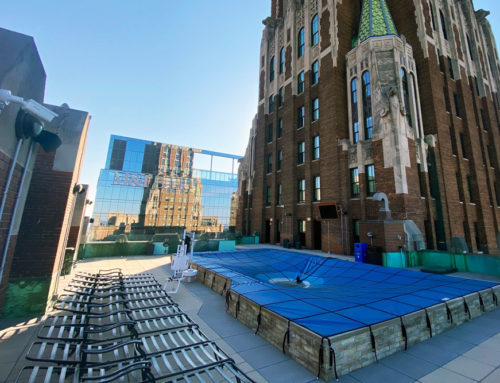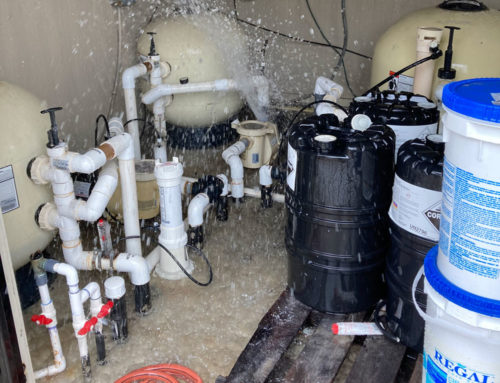Earlier this year, the massive 140,000 gallon Ida Crown Natatorium in Chicago’s Eckhart Park hosted swimmers who weren’t just looking for recreational exercise. Chicago’s Opera Theater gave four performances of Rocky Ian Gordon’s “Orpheus and Euridice” at the indoor facility. This winter, if attendance is low and property managers, along with pool management are open to new and creative ideas, consider offering your site up for a small-scale indoor pool event.
Consider the possibilities
As a facility manager, you’re aware of the acoustic quality of your commercial facility. It may already be an ideal location for a theatrical show. In theatrical staging, bodies of water can be difficult settings to portray onstage. Oftentimes, creating the mirage of an aquatic environment involves tricky lighting or actual water, which can be hazardous. Additionally, it’s difficult for actors to accurately portray movements in or on water without the actual substance.
The winter season is a great time for indoor performances, due to the frigid cold outside. Take advantage of this audience by offering a unique venue for performances. You’ll want to approach small community theaters or drama departments in schools to see if any groups are looking to do a water-centric piece. Once you find a potential troupe, invite the conductor to your facility to assess the acoustics. Additionally, have the director and stage crew visit as well. They may want some additional lighting or backdrop options, so be sure to discuss all the technical aspects before forming a solid agreement. This may be a good time to reach out to pool maintenance services for advice, since they can better assess the potential problems that may arise. Discuss any possible adjustments and decide whether the changes are worthwhile.
Depending on the available staff, you can allow the troupe to rehearse in your facility immediately or give them several time slots prior to the performance. Regardless, you’ll want to focus on the maintenance procedures. Test out any props that may be entering the water and adjust the water treatments accordingly. Once the actors are able to enter the pool, you may have to further change the balance to accommodate the additional pollutants. You’ll also want to address safety with the actors and crew. Make sure everyone can swim well and have lifeguards on duty during rehearsals and performances.
Taking on a full theatrical play is a big step that will require a lot of work. You can start with a small concert that doesn’t require any bodies or props entering the water, then consider progressing to larger performances.





